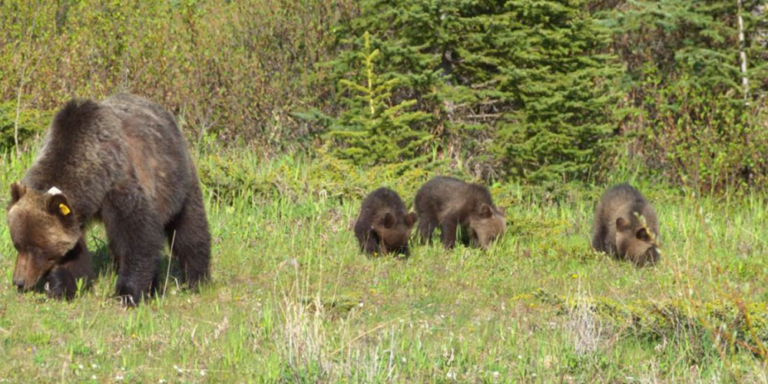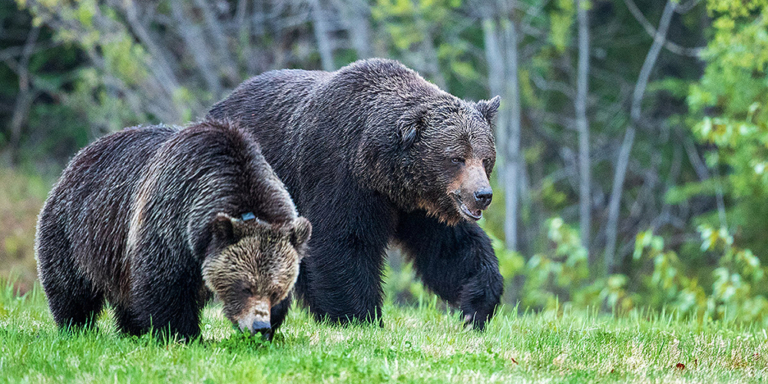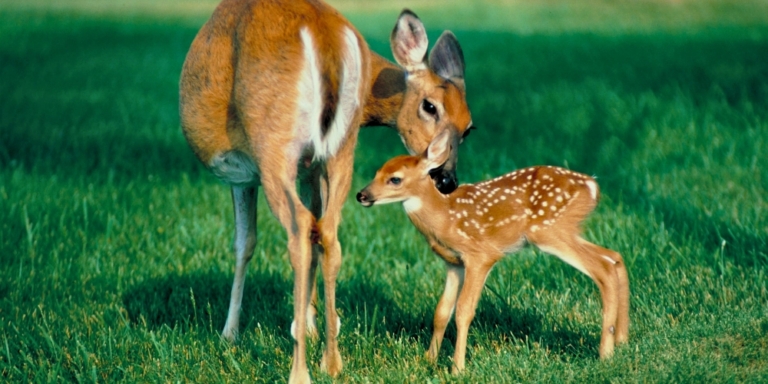Ralph Thrall said his family could have sold the McIntyre Ranch and made a healthy profit.
Instead, the family recently signed an agreement with the Nature Conservancy of Canada (NCC) and Ducks Unlimited (DU) to keep ranching while protecting the 22,000-hectare property and its important wildlife and plant species.
“If it was about the money, then yeah, we would be selling the ranch and living far more comfortably on the interest from the proceeds,” Thrall told CBC News about the agreement that was announced this past Earth Day.
“That’s the price our family is prepared to make for the preservation of something that there isn’t very much left of.”
It’s the biggest private land conservation agreement in Canadian history, covering an area one-quarter the size of Calgary.
The deal protects wetlands and the country’s largest remaining tracts of native rough fescue grasslands, which have been largely wiped out on the prairies.
It also prohibits future development, crop planting, and solar or wind farms.
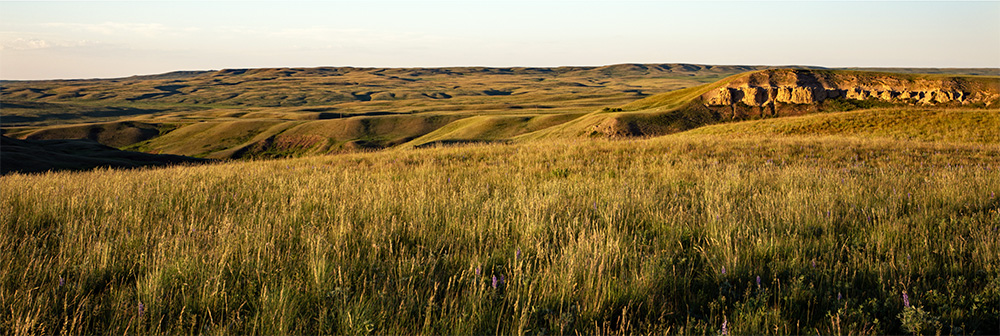

A Win-Win
Notably, the Thrall family keeps their livelihood and will continue ranching while the grassland remains in its natural state.
“The successful completion of the McIntyre Ranch campaign underscores the power of collaboration and community engagement in conserving Canada’s Prairie grasslands,” said Tom Lynch-Staunton, Nature Conservancy of Canada’s regional vice-president, in the CBC story.
“We hope this significant milestone is just one of many future achievements in our efforts to safeguard our planet’s most endangered ecosystems.”
The ranch is home to more than 150 species of birds, mammals, amphibians, reptiles, and fish.
Recent wildlife surveys have revealed 27 species of concern living there, including ferruginous hawk, chestnut-collared longspur and American badger.
This conservation partnership is a big deal.
More than three-quarters of native grasslands have been lost in Canada’s three prairie provinces – Alberta, Saskatchewan and Manitoba.
The McIntyre Ranch is located among the rolling prairies 60 kilometres south of Lethbridge.
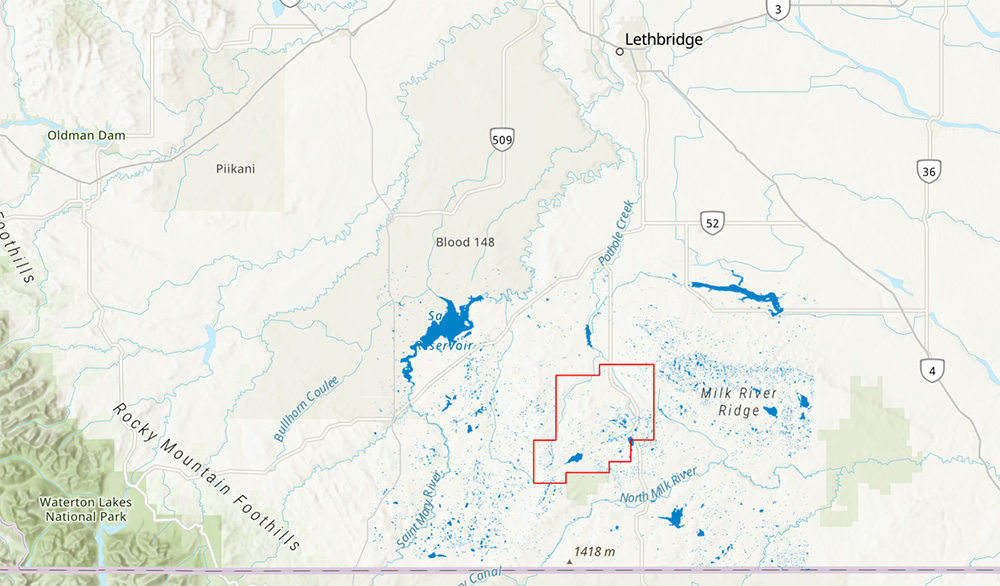

A History of Ralph’s
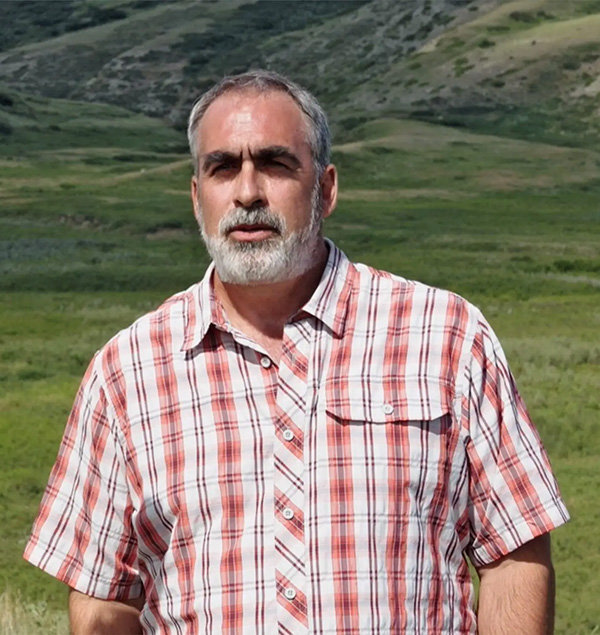

Ralph Thrall III is the 3rd generation of Thrall to operate the ranch after his father Ralph and grandfather Ralph.
But the ranch has an even deeper history.
In 1894, Texan William McIntyre moved to southern Alberta after seeing the destruction caused by overgrazing in the American midwest.
He decided to maintain the native grasses instead of planting crops.
His son Billy ran the ranch until he died in 1947. The elder Ralph Thrall, a longtime friend and employee, bought the ranch and it has remained in the Thrall family ever since.
“We’ve just maintained the legacy of sustainable ranching that the McIntyres began when they came up from Texas,” Thrall told CBC.


Bigger is Better
In a video promoting the conservation partnership, Tracy Scott, Head of Industry and Government Relations for Ducks Unlimited Canada, speaks about the importance of protecting large tracts of habitat for biodiversity.
“A lot of the time, people think that we can have these little remnant postage stamps of habitat, and species will be okay. That’s not true,” Scott said. “A lot of them depend on large contiguous blocks of that ecosystem to be able to survive.”
People interested in supporting the McIntyre Ranch grasslands and wetlands can donate to the project at NCC or Ducks Unlimited.
Both non-profits are actively partnering with private landowners to protect threatened Alberta landscapes.


